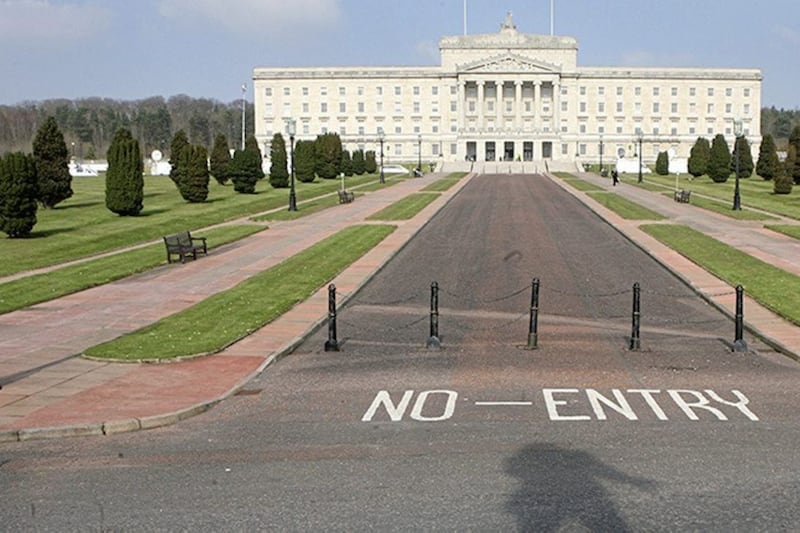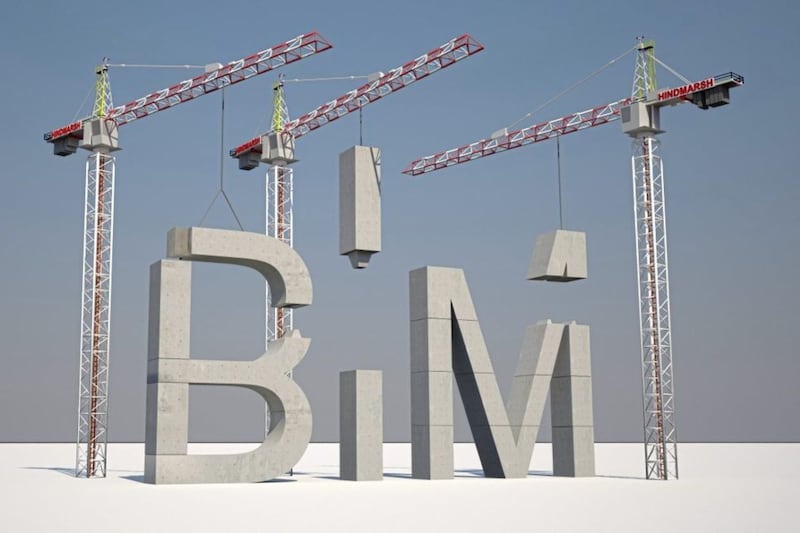DESPITE huge investments and advancements in technology, the property and construction industries still face barriers in the uptake of innovations that could deliver smarter, more creative, more sustainable infrastructure, and ultimately more liveable cities.
Digital technology and tools have the potential to change the way we plan, build, maintain and use buildings for the better, as such innovations have the power to design and develop more creative projects that are more sustainable, less costly to run and serve their purpose better.
Yet more firms could be using the latest advancements in technology - which include 3D modelling and virtual reality - to better visualise, design and deliver a built project.
If construction and real estate companies want to remain relevant and competitive, and deliver the homes and buildings we need, the reality is that they must consider adapting their ways of working.
For example, in countries where modern methods of construction are more common, they use new building technologies to build large parts of a property including individual rooms in a factory setting rather than on site. This helps to control costs better and is more efficient as works are unaffected by the weather, and waste is reduced.
'PropTech' is a general all-encompassing term for all aspects of innovation that impact the built environment. This includes software, hardware, materials or manufacturing, but also refers to the small start-ups that are using technology to address market problems.
In recognition of the importance that technology companies have on all property sectors including the construction industry, RICS launched a Technology Affiliate Program (TAP) to raise awareness of the tech firms who support the adoption of RICS standards and are actively helping to advance the property industry.
Building Information Modelling (BIM) is one important technological change for construction. BIM is the process of constructing an intelligent, data rich, 3D model of a building or an infrastructure project.
In essence, BIM involves building a digital prototype of the model and simulating it in a digital world. It allows for more cost effective and efficient processes throughout not only the duration of a construction project, but also throughout the entire lifecycle including asset maintenance.
BIM is a field which is developing at a fast pace, and the facilities management sector (FM) must engage to influence how the operational aspects of an asset are developed digitally. While BIM promises to transform many sectors across the market, it is one technology in a portfolio that is set to revolutionise the market and maximise efficiency.
RICS is fully supportive of BIM and the potential benefits to industry by raising awareness and capability in support of the BIM agenda. Big data and BIM are transformational for land, property and construction sectors. RICS encourages micro, SME and global businesses to take advantage of such technological opportunities to improve efficiency and the bottom line.
RICS has developed the first BIM Manager Certification in response to industry requirements to have a standard that demonstrates the skills and competence of construction professionals in using BIM.
We are also working in collaboration with BIM4SME to host the third RICS BIM4SME Awards which will continue to spread awareness for ongoing projects utilising BIM, promote best practice and also increase the profile of entrants working collaboratively within the built environment and across the entire supply chain.
It's important that the construction industry plugs into the change that technology is bringing and, gets with the BIM and PropTech agenda.
:: Dr Patrice Cairns is Northern Ireland policy manager for the Royal Institution of Chartered Surveyors (RICS), which represents 4,000 cross-sectoral members in the north comprising of chartered and associate surveyors, trainees and students.






